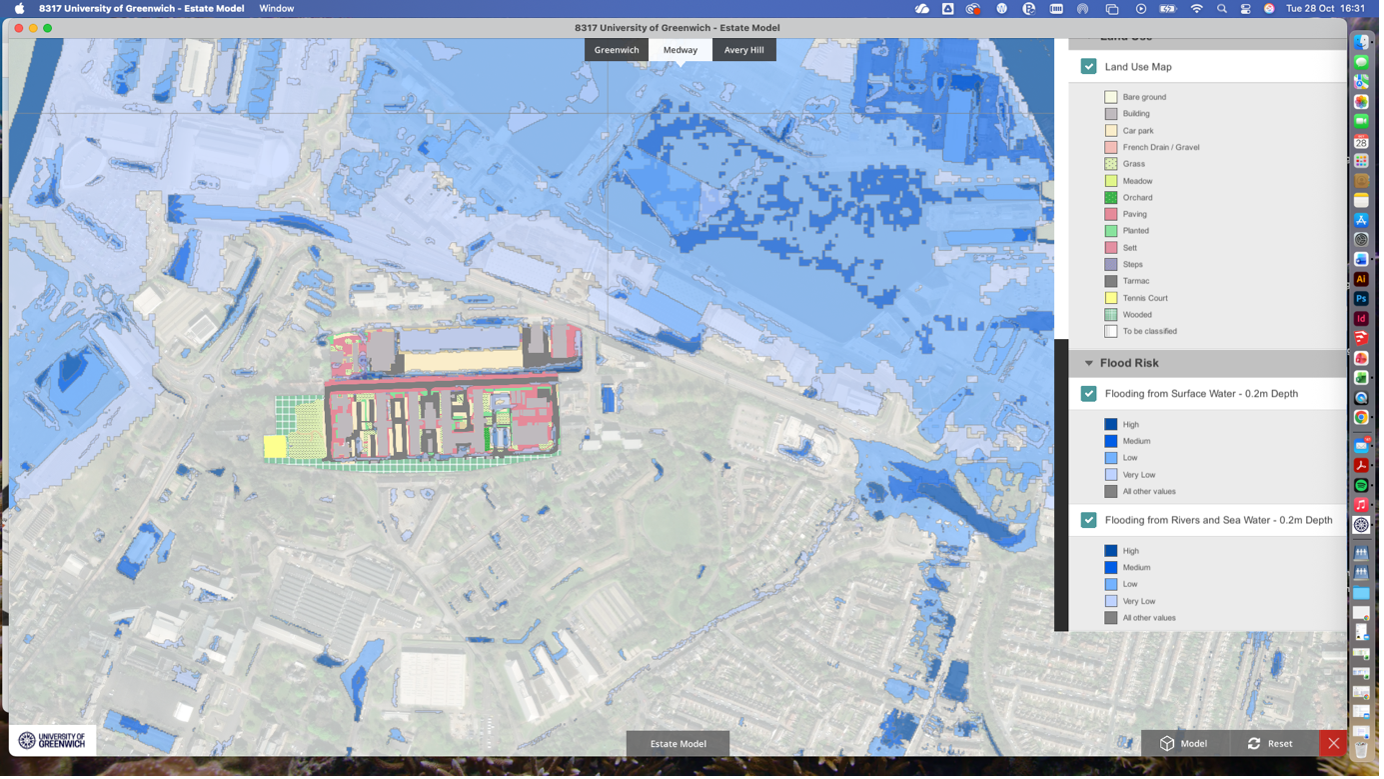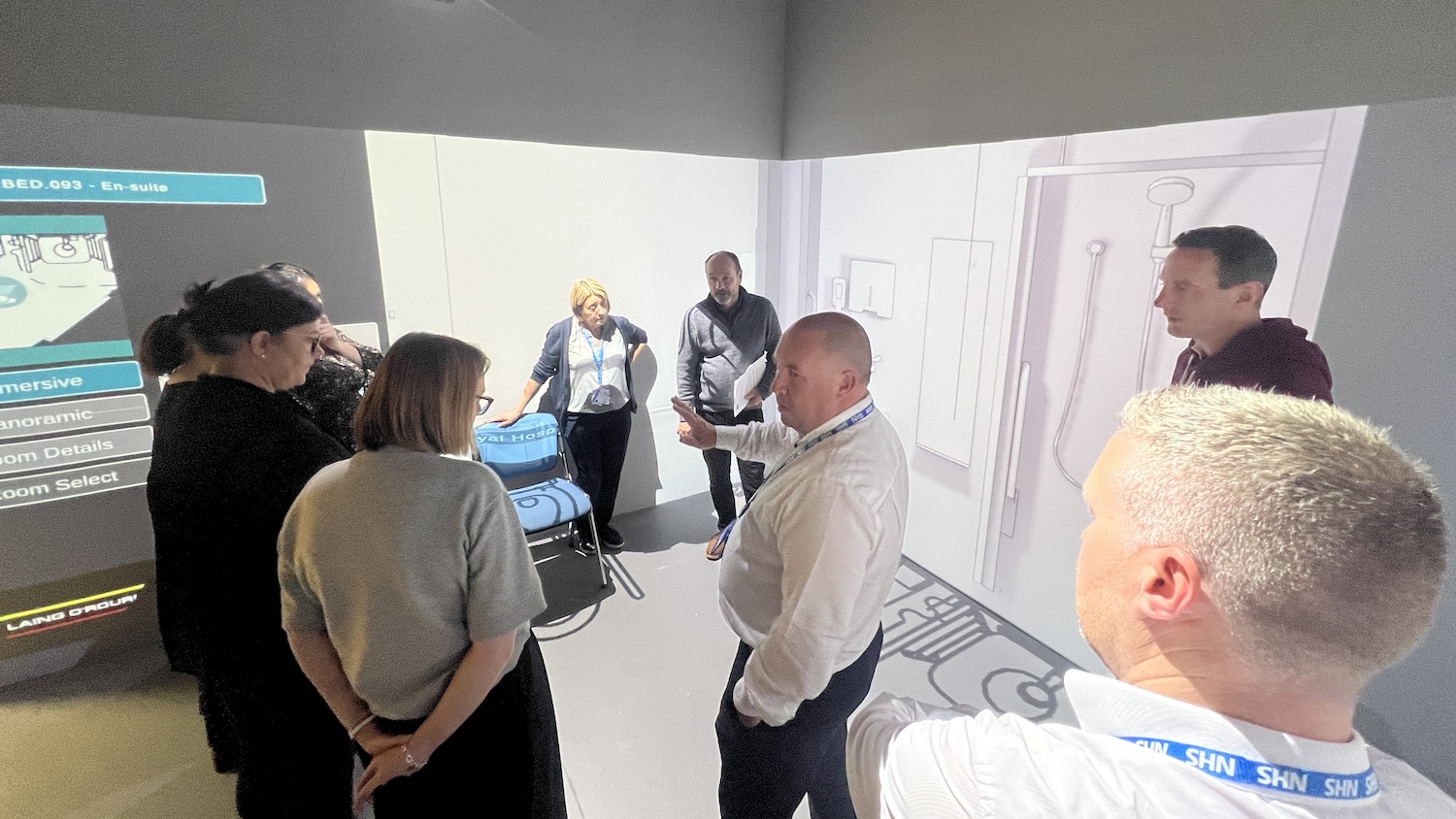
WSP reinvents façade design with GRETA
A parametric tool developed by WSP to streamline façade analysis and optimise energy performance won the Design Innovation category at the Digital Construction Awards 2025.

www.ASVphotos.com).
Façade design plays a pivotal role in both the design and technical performance of a building. Yet as designs become more complex, so too do the challenges associated with their delivery. Recognising this, a team of WSP engineers and designers developed GRETA – a bespoke parametric tool designed to streamline façade analysis, optimise performance and increase flexibility during early-stage design.
Traditionally, façade design relies on static, spreadsheet-based methods that are time-consuming, error-prone and unsuited to rapid iteration. These manual approaches often force premature decisions based on limited information. Increasingly stringent requirements for energy efficiency and buildability only exacerbate the need for more adaptable, data-rich tools.
What the judges said
“It’s a great example of solving a specific problem well, not trying to do too much. Having a simple UI and taking the power out of the hands of product providers is powerful.”
After extensive market analysis revealed a lack of supplier-independent, flexible façade tools, the team embarked on building GRETA from the ground up. Designed to work with parametric geometry and scalable datasets, GRETA provides a way to model and assess façade performance dynamically, supporting better-informed decisions earlier in the design process.
Developed within Grasshopper, a visual programming interface for Rhino3D, GRETA integrates multiple analyses – thermal performance, embodied carbon, and structural viability – into one cohesive platform.
The developers incorporated HumanUI, a user-friendly interface within Grasshopper, which makes GRETA accessible to non-specialist users, such as architects and engineers unfamiliar with parametric design, encouraging wider adoption.
GRETA is further supported by a scalable, validated database of façade archetypes, allowing for robust performance simulations without committing to specific manufacturers. Product selection can therefore be delayed until later stages, reducing procurement risk and enhancing design flexibility.
Other finalists
Bridgwater Tidal Barrier | AtkinsRéalis/Environment Agency
Complex Data Centre Campus | McLaren Construction/Solibri
Prefabricated partitions on high-rise residential projects | KOPE AI/Saint-Gobain Intewall
RESTOR: Reuse of structural steel in construction | Chetwoods Architects/University of Cambridge/University of Birmingham
Transpennine Route Upgrade East | Systra/Network Rail/TRU East Alliance
GRETA’s impact has been demonstrated across multiple projects in central London. Compared to traditional methods, it cut the time required for thermal analysis of a typical façade bay by up to 85%. This enabled more rigorous optioneering and faster turnaround on design feedback, ensuring projects met tight deadlines while delivering high performance.
By unifying disparate workflows into one tool, GRETA eliminates the need to switch between software for different types of analysis. Designers can now assess thermal, carbon, and geometric performance in one go, with outputs immediately viewable via real-time graphical feedback.
The tool’s flexible database structure and supplier-agnostic logic empower teams to explore a broader range of façade strategies based purely on performance data. GRETA’s intuitive interface has led to daily use by engineers and architects with no prior Grasshopper experience. Its success has encouraged broader interest in parametric modelling and laid the groundwork for similar tools across other disciplines.
The Digital Construction Awards are organised by Digital Construction Week, the Chartered Institute of Building, Construction Management and DC+. To find out more about the Awards and enquire about sponsorship or entering next year’s event, visit digitalconstructionawards.co.uk.
Generative artificial intelligence was used to help with the creation of this article. All content in the article was sourced, checked and verified by our editorial team before publication.
Keep up to date with DC+: sign up for the midweek newsletter.






